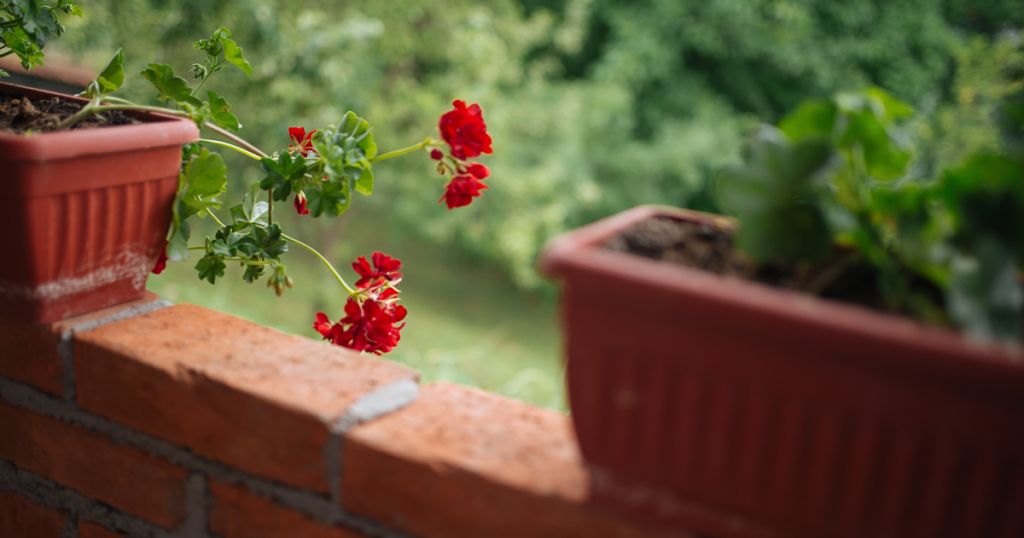
In answer to my question about the natural gas hook-up on the street, the real estate agent said he didn’t know but he would ask the neighbor. He nodded toward the big yellow house just beyond the one I was hoping to buy. She would know, he said. And so it proved. She had the answer to my second question too—about worrisome access through our little neighborhood to the development beyond it, and the news was good: none through our street. By then, though the house was not yet mine, I’d come to think of the street and neighborhood as my street and neighborhood, and the woman next door as my neighbor. I had another question for the agent after my offer on the house had been accepted. To whom did the wall separating my neighbor’s yard and my small patio belong, to her or me?
It was not an idle question. The wall was a dike-like stone barrier, four feet high on my side but flush with her lawn, and the ease of topping it with a fence to keep my dogs within their enclosure depended on the answer. And the answer was the right one—the wall was mine. “Oh, wonderful!” I said. It felt as if the neighbor had bequeathed it to me. She’d even told the agent she’d be glad of the fence since the previous occupants, renters, had had a dog that regularly escaped over the wall. Gone in an instant was my fear she’d interpret a fence as unneighborly. I learned her name from the agent. “Start at the very beginning, a very good place to start,” Julie Andrews counsels. When you read, she reminds us, you begin with A-B-C, and so why not too with new neighbors? A for Alícia, my first neighbor.
But given her big house, years in the neighborhood, and a fund of knowledge, would A stand for aloof as well? Arrogant? Absolutely not. She came across her yard one day when I was sweeping my patio and introduced herself. About my age, about my build, dressed similarly, she was someone I might get on with. She was looking down on me from her grassy expanse, and I up at her, but her manner was so natural and pleasant that I immediately ceased to think of our relative positions. “If you need anything, anything at all,” she said, “don’t hesitate to ask.”
Within a day, I met the neighbor on the other side, Álvaro. Álvaro’s grown son, a very personable young man the same age as my son, was Andrés. Early offerings from father and son were fresh greens from the garden and 10 minutes one night with a flashlight helping me look in the lane for the ring from my dog’s busted collar, which I needed for a quick repair job. How nice my neighbors were, I thought, happy with my trio of As. What a very good beginning.
The family members of these three—a husband, a mother, a wife, a sister and a brother-in-law, a cousin—were pleasant enough when I met them too, though not the same shining examples of welcoming hospitality. What would come next? In a way, it wouldn’t matter. The good beginning had cast a warm glow over everything, but it had set a high standard that would be hard to follow. Nothing was going to match my new neighbor cocking her head at another question of mine, this one made directly to her about her Internet connection. She thought the question over for a moment before confiding with no embarrassment and no apology that she knew they had Internet because she sometimes worked from home, but what it was and where it came from she had no idea. How’s that for an honest answer? Admirable! What delight I felt at my neighbor’s total lack of pretension, and for days, seated in my walled patio, fence topping it and keeping the dogs securely within, I continued to smile at her admission of ignorance. Perfection at the very beginning might not be ideal. But it is awesome.

